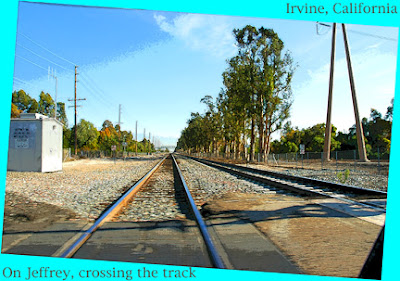
CHECK OUT the interesting article about Wikipedia in Friday’s Inside Higher Ed: A Stand Against Wikipedia. The article, which reports Middlebury College History Department’s ban on citing Wikipedia articles as a source in student papers, isn’t as negative (re W) as you might expect:
…Experts on digital media said that the Middlebury history professors’ reaction was understandable and reflects growing concern among faculty members about the accuracy of what students find online. But some worry that bans on citing Wikipedia may not deal with the underlying issues.Yes, Wikipedia has a similar take:
Roy Rosenzweig, director of the Center for History and New Media at George Mason University, did an analysis of the accuracy of Wikipedia for The Journal of American History, and he found that in many entries, Wikipedia was as accurate or more accurate than more traditional encyclopedias. He said that the quality of material was inconsistent, and that biographical entries were generally well done, while more thematic entries were much less so. Like [Wikipedia spokeswoman Sandra] Ordonez, he said the real problem is one of college students using encyclopedias when they should be using more advanced sources.
“College students shouldn’t be citing encyclopedias in their papers,” he said. “That’s not what college is about. They either should be using primary sources or serious secondary sources.”
Wikipedia officials agree — in part — with Middlebury’s history department. “That’s a sensible policy,” Sandra Ordonez...said in an e-mail interview. “Wikipedia is the ideal place to start your research and get a global picture of a topic, however, it is not an authoritative source. In fact, we recommend that students check the facts they find in Wikipedia against other sources. Additionally, it is generally good research practice to cite an original source when writing a paper, or completing an exam. It’s usually not advisable, particularly at the university level, to cite an encyclopedia.”






No comments:
Post a Comment